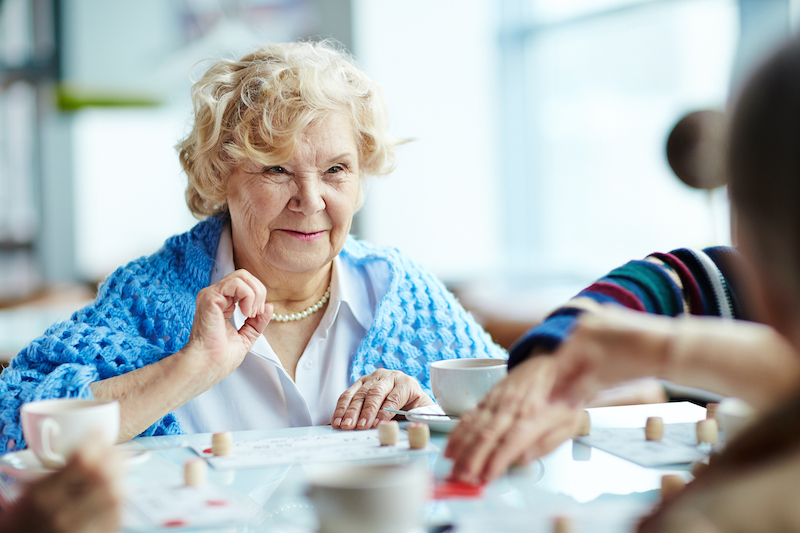
Seniors can increase cognition by following a few easy tips.
Forgetfulness. Confusion. Disorientation. These along with other impacts of cognitive decline make life challenging for seniors and those who care for them, and can derive from:
- Genetics
- Health conditions such as cardiovascular disease, diabetes, stroke, Alzheimer’s disease, as well as others
- Brain injury
- Medication side effects
- Poor lifestyle choices
- And many more
Yet it is important to realize that aging in and of itself doesn’t have to equal an unavoidable diminishing of our memory and capability to clearly think and learn new things. There are steps we can all take to safeguard and increase cognition, such as:
- Start (and remain) moving. Physical exercise, specifically aerobic exercise, has been linked to an improvement in the brain’s ability to generate new network connections as well as maintain older ones – an essential element of cognitive health. Not just that, but the actual size of the brain structure linked to memory and learning increases in those who are physically active, helping to maximize spatial memory functioning. The most common recommendation is to strive for 30 minutes on most days of physical exercise, but make sure to talk with the doctor before beginning or altering any exercise regime.
- Exercise your brain, too. Keeping the mind engaged and active has been shown to establish cognitive reserves within the brain, allowing for compensation for certain brain changes pertaining to aging or other conditions. In one recent study, those who engaged in meaningful, intellectually-stimulating activities attained greater memory improvement as opposed to those who did not. Good choices to help keep the mind active include reading, playing games, learning new skills or hobbies, and volunteering or working.
- Connect with others. A number of research studies document the damaging impact of social isolation on both physical and emotional health. Staying socially connected with friends, family, and the community as a whole is very important for seniors. By keeping the brain engaged and active, the danger for health complications such as depression is reduced. When in-person get-togethers are not possible, utilize technology (such as Zoom, Skype, and FaceTime) to socialize, and keep in touch with others through social media or simply just through good, old-fashioned card and letter writing.
Home With You Senior Care can help seniors improve cognitive functioning and general health and wellbeing through personalized in-home care services that can include:
- Preparing nutritious meals
- Companionship to increase socialization and engage in mental-stimulating games and puzzles, conversations, exercising together, trying new hobbies and learning new skills together, and more
- Taking care of housekeeping and laundry chores, allowing older adults and their families to spend good quality time together
- And much more
To learn more about our specialized dementia care in Howard County and the surrounding areas, connect with our aging care team at 410-756-0959 and request a no-cost in-home consultation. For a full list of the communities where we provide care, please visit our Locations Served page.
